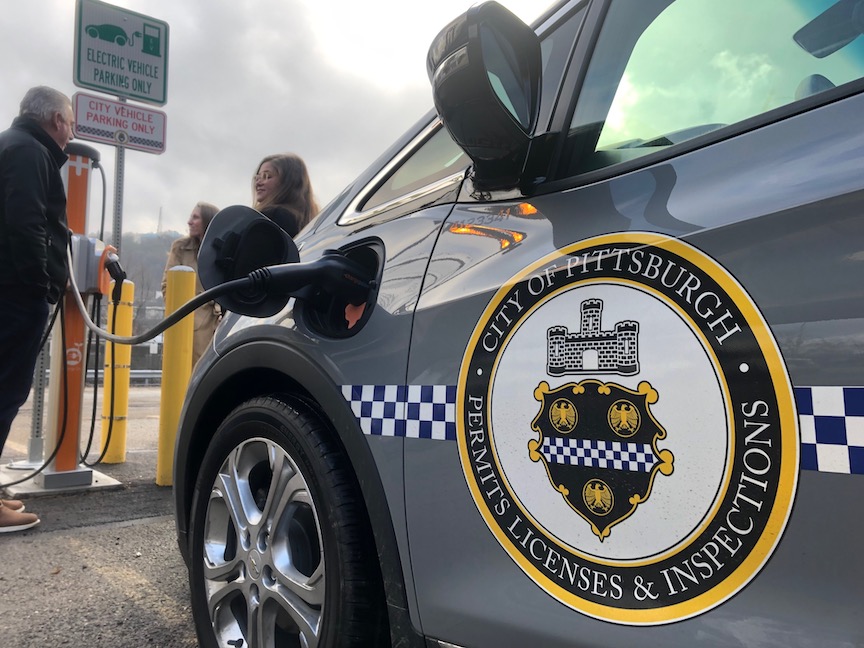
City Unveils Second Avenue Electric Vehicle Fleet Charging Depot and Announces Grant for New Electric Recycling Trucks
By Doug Oster
January 2, 2022
In the Second Avenue Parking Plaza Rebecca Keirnan deftly pushes the plug from a brand-new electric charging station into a City of Pittsburgh vehicle, starting the charging process.
It’s 30 minutes before a press conference heralding the installation of the largest EV (electric vehicle) charging station in Western Pennsylvania.
Keirnan works in the sustainability and resilience division of the city as the principal resilience planner; her face lights up when asked about the importance of the project and the conversion to electric cars by the city.
“It’s my passion,” Keirnan says with a smile. “In Pittsburgh 17 to 18 percent of our greenhouse gas emissions are from transportation. What’s really nice about this, is there are no tailpipe emissions.”
There are 15, Level 2, duel hose chargers here, which can service 30 vehicles at once. There are 26 sedans already incorporated into the city fleet, 24 are Chevy Bolts and there are two are Ford Focus cars. By 2026, 70 fleet vehicles will be able to charge here.
The cars have a range of 226 miles on each charge and take around six to eight hours to charge.
There are lots of plans in the works to expand this space.
“The other thing we’re intentionally doing is trying to couple our increase in electric use via our new EV’s with renewable energy,” she says. “Right now, we’re purchasing renewable energy credits here on this site. We also have future plans that this site could support about 1.2 megawatts of solar.”
Currently, the fleet for the city is charged by using five Level 2 charging units on the other side of the parking area. They will be converted for public use and re-installed throughout the city.
The project at the Second Avenue Parking Plaza was funded by a $135,000 Alternative Fuels Incentive grant from the Pennsylvania Department of Environmental Protection, and a $189,403 COVID-19 Restart Grant from the Pennsylvania Energy Authority.
Brandon Walton is fleet services manager for the city and sees this move towards EV’s as a positive in many ways.
Brandon Walton is fleet services manager for the city and sees this move towards EVs as a positive in many ways. “First off, we’re not burning fossil fuels”, says Walton. “Electric vehicles have fewer moving parts, which means fewer parts to break and they also have less fluid. The regenerative braking lessons the number of times we need to do brake changes as well.”
Both Walton and Keirnan have driven the cars and when asked about the experience, gushed about the vehicle’s performance. “They are pretty zippy,” Keirnan says with a laugh, followed by Walton adding, “they are very quiet and responsive.”
Walton sees the addition of the cars as a great thing for the community and the team that keeps all vehicles on the road. “Were not having fluid leaks, we’re not dumping more used oil into the environment,” he says proudly. “Since there’s less maintenance, our mechanics have more time to better maintain the majority of the fleet.”
Duquesne Light was on the ground floor, helping the city in its efforts to electrify their own fleet and for the public too. Emily Phan-Gruber is associate manager, transportation electrification for the company. “We’ve been helping them out with technical support for this project, she says. “We’re very excited to see these charging stations go live today. It’s a great advancement for fleet charging in our region and for charging infrastructure generally and visibility for charging infrastructure.”
The fact that people can connect what they see at the Second Avenue site, is a plus for sure she adds.
“From our perspective it’s fantastic, Phan-Gruber says. “We want all of our customers to experience the benefits of electrification. I think being involved with a project like this where we’ll have city fleet vehicles driving around the city where residents will see them and understand, ‘oh I know where those are charged up.’ I think it’s a really great thing for people to be able to see in our region.”
Duquesne Light recently received approval from the Pennsylvania Public Utility Commission to roll out a number of charging infrastructure programs early this year for the general public, workplace charging, apartment/condo and fleet charging too.
The City of Pittsburgh is also continuing towards its goal of reducing transportation-related emissions, increasing vehicle electrification and converting to a 100 percent fossil fuel-free fleet by 2030. The city has received a $2.8 million grant from the EPA's Targeted Airshed Grant to purchase five new electric recycling trucks and the associated charging infrastructure to be installed at the City's Environmental Services headquarters. This grant was received through the cooperation of the Allegheny County Health Department.
“There’s a lot of calculations in making sure the range and the battery can handle those, says Kiernan about the trucks. “This is our first big installation, we sort of worked through some of the kinks, we’re getting much better at it. We’ll be looking at pickup trucks and electric vans too. A lot of the technology is starting to improve.”
"This is an incredible moment for City government," said former Mayor William Peduto via a press release. "Not only have we created the largest EV charging station in Western Pennsylvania, but we are also now adding electric recycling trucks to our fleet. These actions bring us one step closer to our 2030 Climate goals."
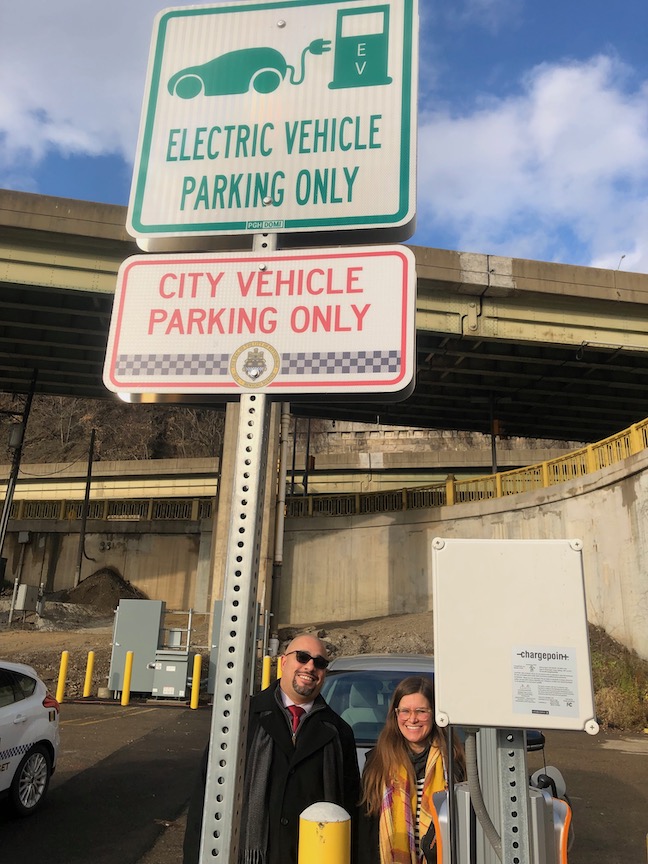
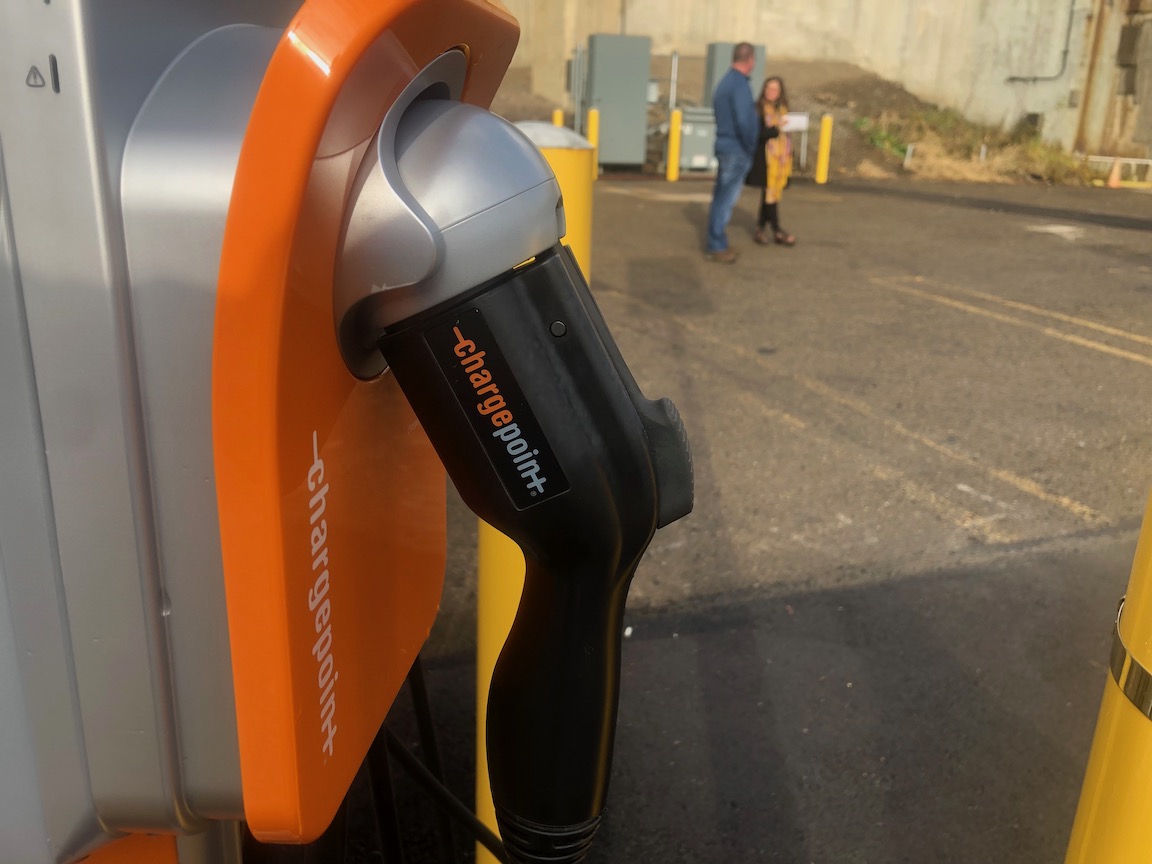
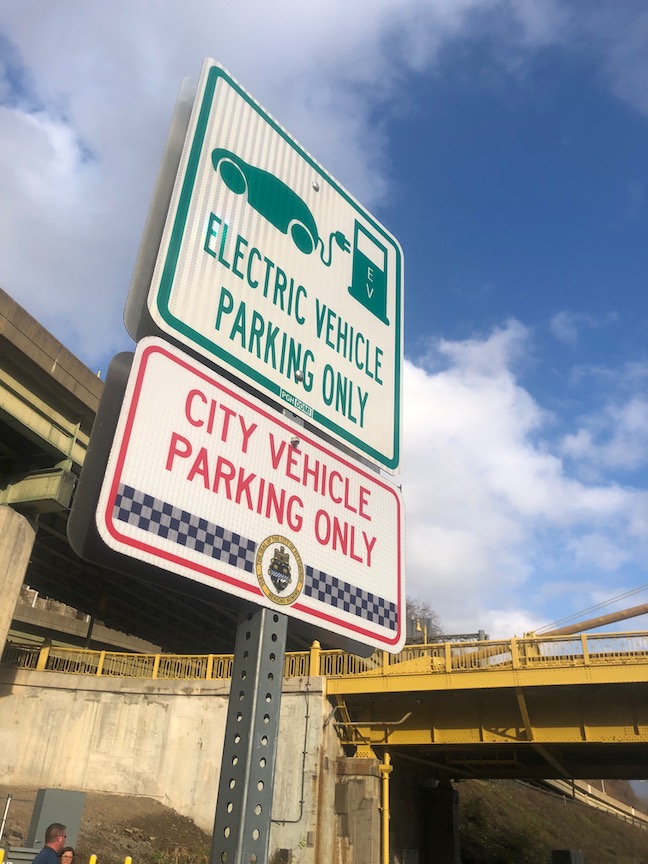
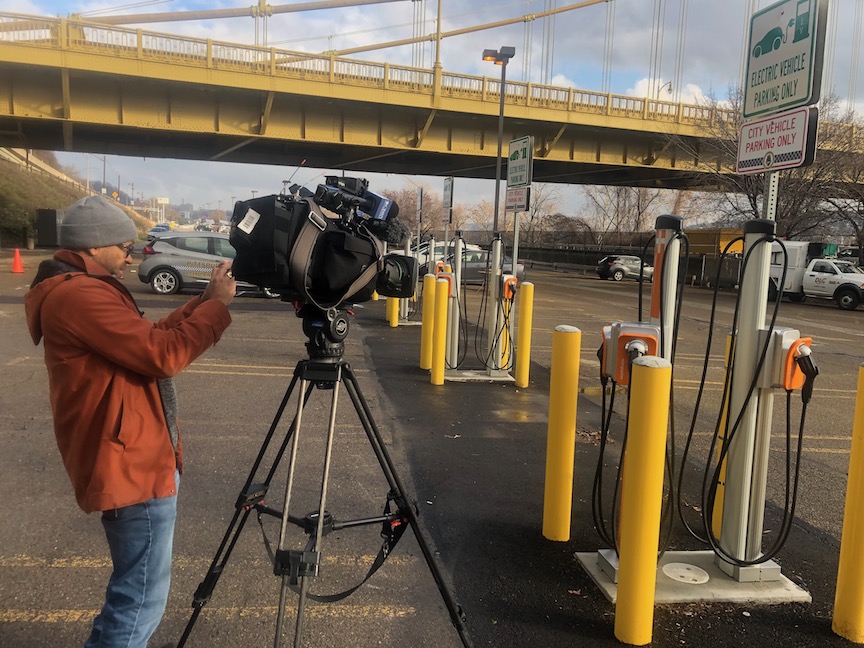

I think that this is a great development for the city and one that should hopefully have people consider EVs more than they have in the past. Great news shared here!
This is awesome news! That $2.8 million grant is an impressive testimony as to how confident the govt. is in terms of EV.
Great article! It’s great to see a city taking steps towards a cleaner and more sustainable transportation system by investing in electric vehicle fleets and charging infrastructure. The announcement of a grant for electric recycling trucks is also a positive development in promoting environmentally friendly waste management practices. Such initiatives not only benefit the environment but also contribute towards reducing air pollution and improving public health.